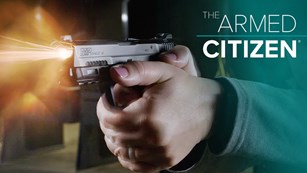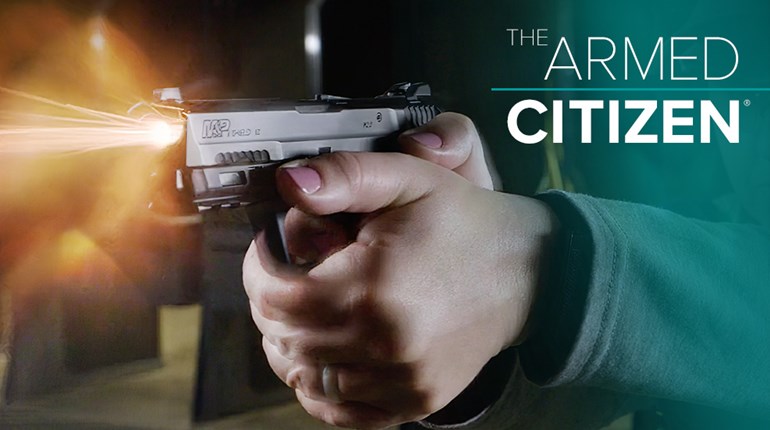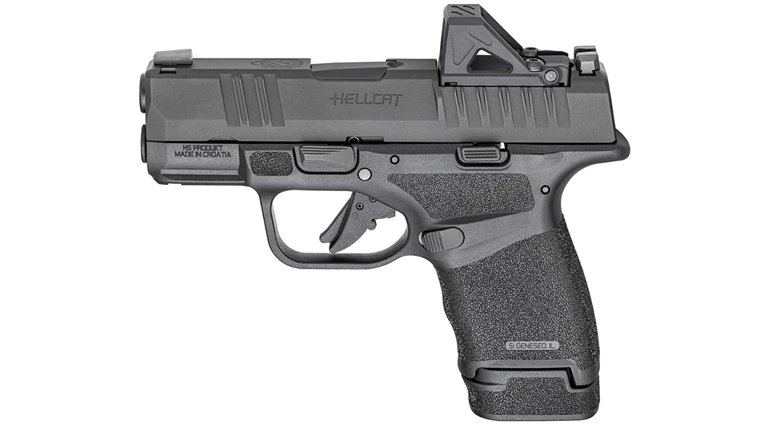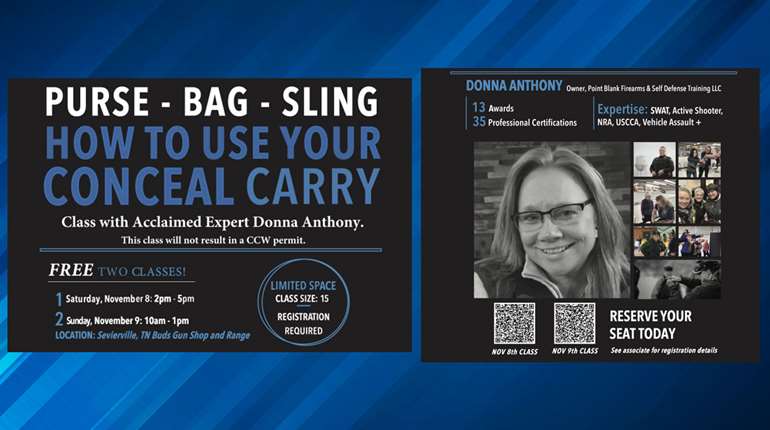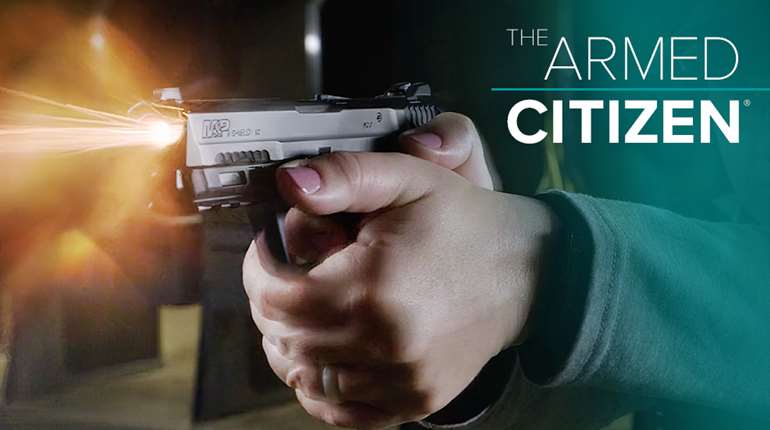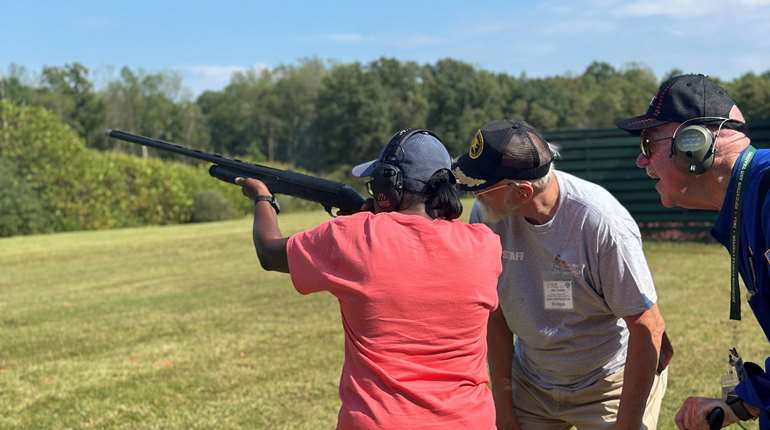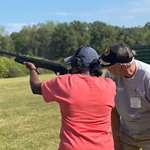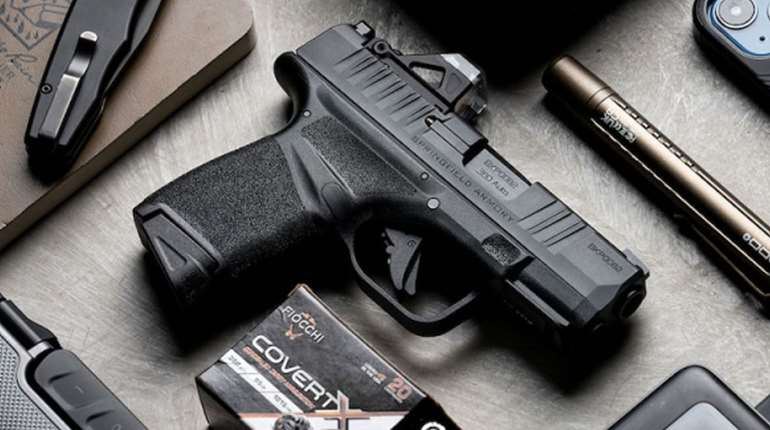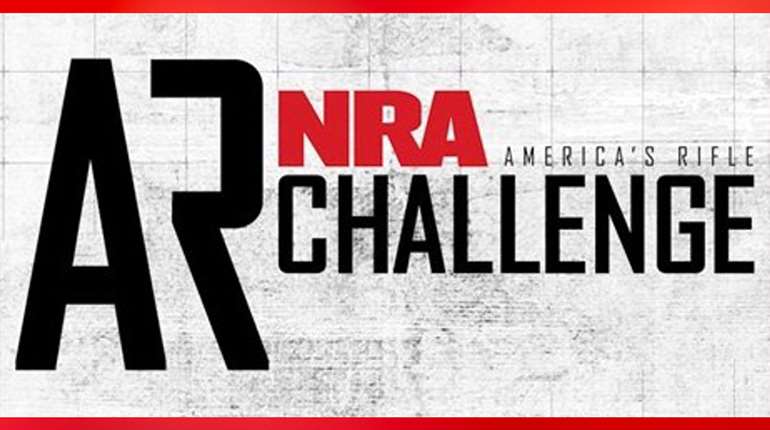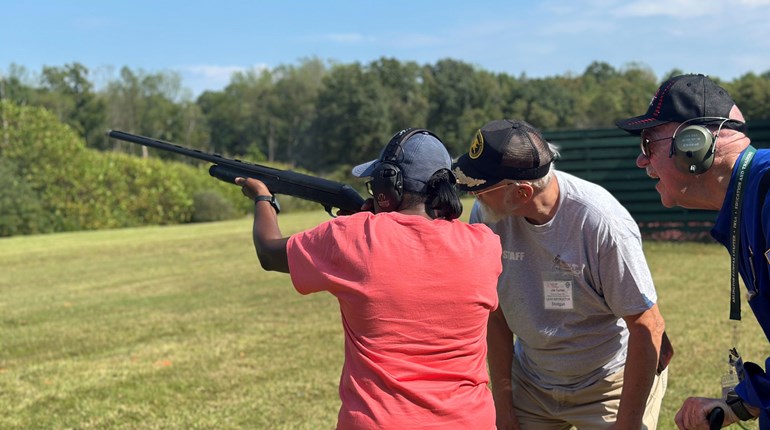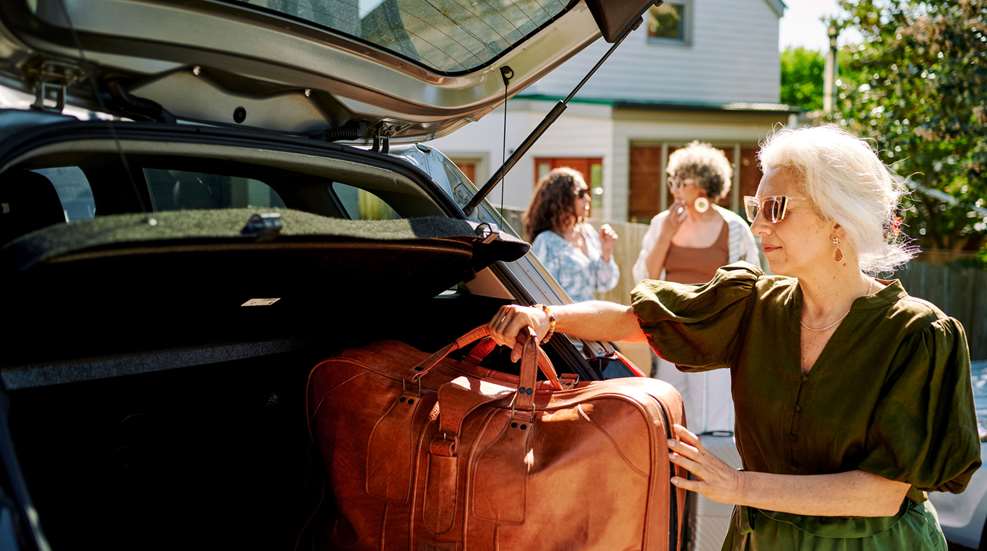
Headed out for a vacation this summer? If you’re a concealed carry holder, you might be interested in taking your firearm with you for protection during your travels and at your hotel and your destination. But are you allowed to do that?
The answer, unfortunately, is “maybe.” Because gun laws vary widely from state to state, you’re going to have to do a little research before you can just load up and go.
The first question is if you’re flying or driving. If you are flying, you need to know the laws in the state you’ll be visiting, and you’ll want to brush up on the etiquette and rules regarding flying with a firearm in your checked baggage. It’s no big deal, but there are a few things you need to know—the most important being that the gun must be unloaded and in a locked, hard-sided case, and you must tell the check-in agent that you’re declaring a firearm. Be polite and allow extra time at the airport, as some airlines and airports handle this more quickly than others.
Whether you’re driving or flying, you must know the firearms laws in every state you’ll be physically passing through. Do not assume that because you’re in a gun-friendly region like the South or the Midwest that all the states you’ll be driving through are as simple to deal with as the state you live in or that your concealed carry permit is honored everywhere. First, make a list of every state you’ll be stopping in or even driving through without stopping. Then find out the answers to the following questions for each state.
- Does this state honor my state’s concealed carry permit? You can check your state permit’s reciprocity agreements here.
- If so, what are the state’s conditions on carrying? For example, in some states a concealed-carry permit is not valid on school property, church property, anywhere alcohol is served, etc.
- If my permit is not good there, what are the laws regarding possession? Is it legal for me to have the gun in my hotel room or Air BnB? If so, are there restrictions on safe storage—does the gun need to be locked up? (It’s a good idea to keep it locked up either way.)
- Do signs on private property carry the force of law? We are not telling you to disrespect property rights either way, but you need to know the difference: If a “no guns allowed” sign carries the force of law, you can be arrested if you are caught carrying a firearm on the property. If signs do not carry the force of law, you’ll be asked to leave, and that’s probably all.
- Is my specific gun legal in this state? Some states have restrictions on specific firearm features, magazine capacity and ammunition type. A few states require a state-issued license or permit to even own a firearm at all.
- Does this state have specific requirements for transporting a firearm? Particularly in some states where your permit is not valid, you might run into transportation laws that require a gun to be locked up, unloaded or inaccessible to the driver. For example, when I drive through Maryland, I pull over before I enter the state, unload my firearm, lock the gun in a case in the trunk separate from the magazine, then enter and drive through Maryland. When I leave the state (which takes less than half an hour on my typical route), I stop when I’m safely out of it and reload and reholster my concealed carry firearm.
- Am I passing through the state or staying? The Safe Passage provision of the Firearms Owner’s Protection Act essentially says that if you’re traveling through a state without stopping for “too long” (which is undefined), and you’re in possession of a gun you may legally possess in your home state and in your destination state, and if the unloaded gun and any ammunition is packed in a locked, hard-sided gun container in your trunk, the Safe Passage provision is available as a defense if you were to be caught with the gun in violation of the laws of the state you’re passing through (as in a traffic stop). It’s important to note that this is a legal defense in court—it will not necessarily stop the police from arresting you and ruining your vacation and making your life miserable for months on end until you actually make it to court and can use the Safe Passage defense argument. Because this is so hairy, many gun owners literally go out of their way to avoid traveling through gun-hostile states. States toward the top of this list include California, New York, Massachusetts, New Jersey, Connecticut and Hawaii, but there are others that can surprise you depending on your firearm and the state permit you hold.
OK, those things generally cover your road trip. But what about once you get to your destination? Think about where you’ll be going and what you’ll be doing. If it’s a trip to, say, a popular theme park and you’ll be spending all day, every day somewhere your gun is not permitted, what’s your plan to secure the firearm in your hotel while you’re not there? Is a portable safe enough? After all, it can be easily picked up and carried out of the room to be broken into later. Does the state allow you to keep your firearm secured in your car, and do you have a device that allows you to do that without worrying about it being stolen? What if it’s a rental car?
If it’s a nature-based vacation, know that concealed carry in national parks is generally permitted so long as it’s subject to the applicable state laws—however, you may not carry in federal buildings, which includes visitors centers, ranger stations and other facilities. State parks vary based on the state, of course, so do your research before you go.
International trips add an entirely different set of considerations, and in most cases, you will not want to travel with a handgun for protection because the laws prohibit it or make it exceedingly complicated or difficult.
The bottom line: You can take your concealed carry firearm with you on vacation if you have researched every state you will be driving through and are sure that you can comply with each state’s laws regarding handguns, concealed carry and safe storage/transport, and if you are mindful of the rules of the attractions you’ll be visiting at your destination and have a plan for securing the firearm when you go somewhere that won’t allow you to carry it.










